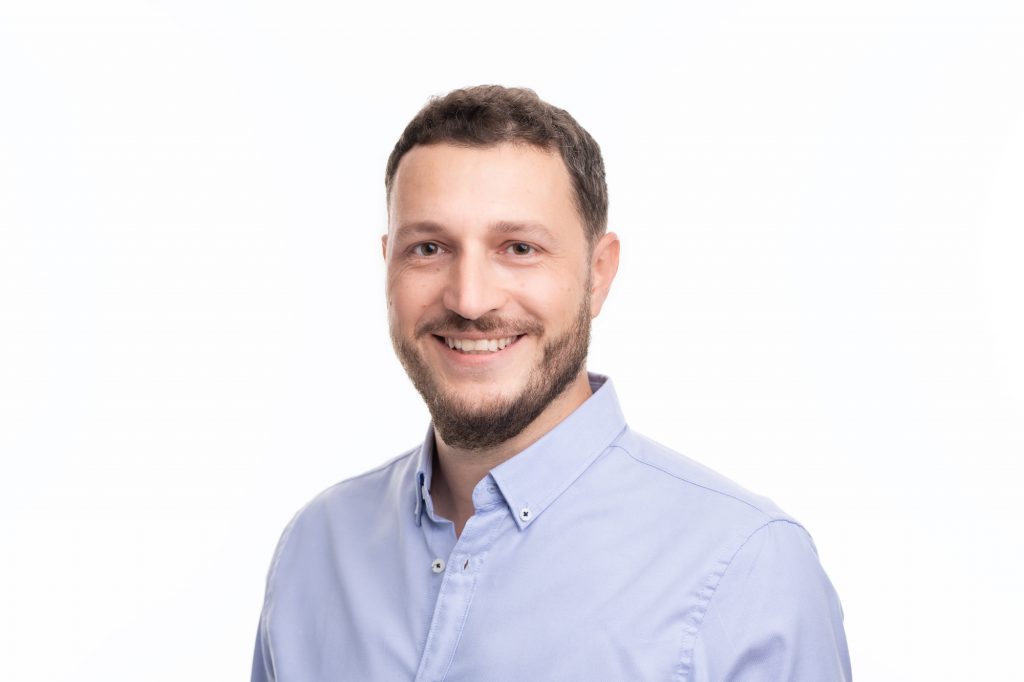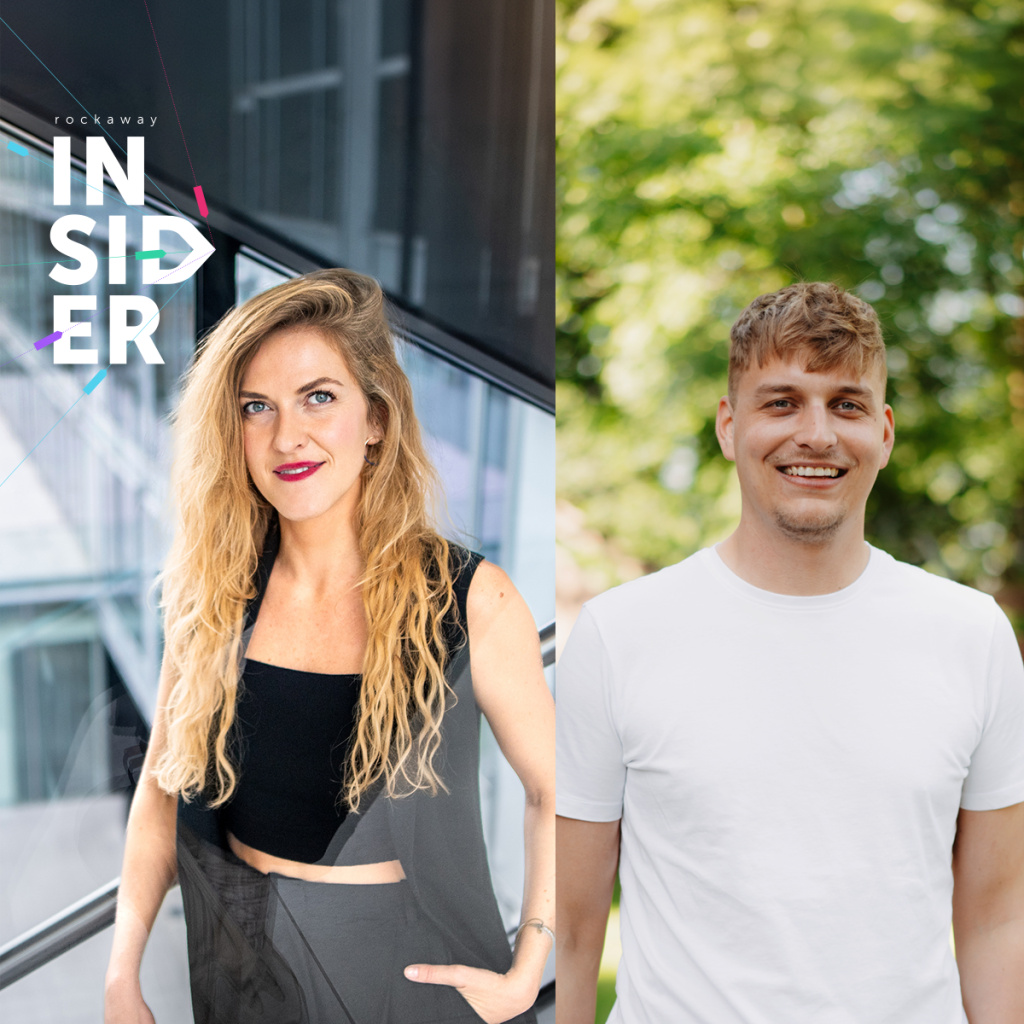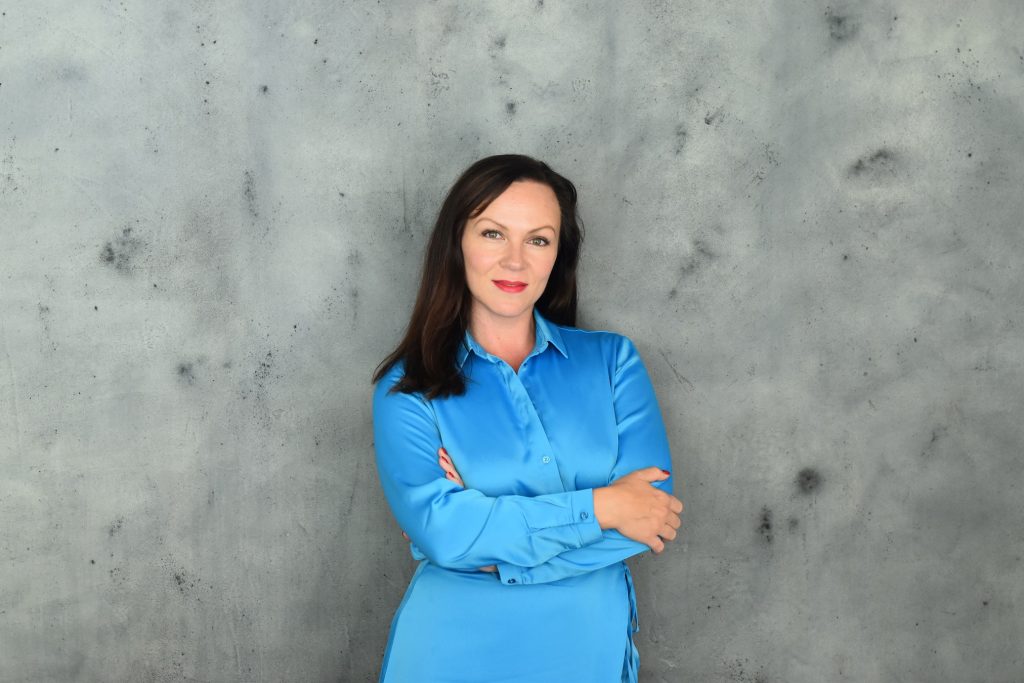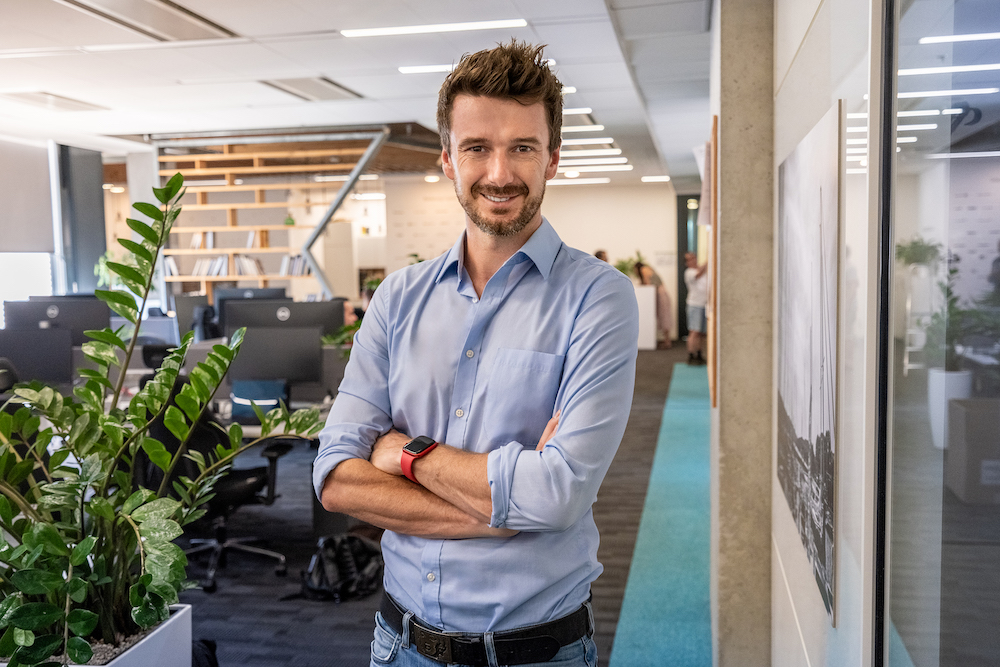All newsInvia Head of Brand and Communication Michal Bošela: Perfection is often faked these days – don’t be afraid to admit you don’t know something

As Head of Brand and Communication he dedicates his time at work to ensuring that travel has a good name. And when he comes home from the office… as the blogger known as Exoguru, he devotes his time to the same thing! In short, Michal Bošela is the right man for the job at Invia, the largest internet travel agency – he sees his profession both as a mission and a hobby. And as someone who has already experienced much at Invia, he is a great inspiration to many people…
Which work skills also come in handy in your personal life?
Healthy self-confidence. As you gain experience, you gradually end up in a role where you’re leading an entire team of people while being responsible to the company’s upper level of management. So you also have to adapt your behaviour accordingly. You “click over” to the role of a manager – and gradually acquire independence, confidence, and self-confidence. And in your personal life too; you can be more self-assured and have good reason to be. I also learned to not worry so much about things that aren’t worth it.They’re so demanding in terms of my energy and time, that instead I concentrate on truly important things.
What or who inspires you most at work?
Even after these 10 years at Invia, my inspiration, or rather motivation, is the topic of travel and the field as such. That’s because it’s seen in a positive light by absolutely everyone. And also my colleagues at work. I like their varied personalities and perspectives. Everyone is different, but complement each other in an ideal manner as a whole. I appreciate the work and approach of my team members, both those who experienced the very difficult Covid period with me, and “rookies” who have brought a new energy, a new approach, and new enthusiasm to the team. During Covid the 15-member marketing team suddenly shrank to five people, who still had to take care of the necessary marketing activities. And I value those who stayed all the more for it.
What characteristic do you consider most important in your colleagues?
Humility. And I often see its scarcity during interviews. Because it’s hard to find people who are capable of self-reflection – I myself was aware of my lack of experience after finishing school. Today the younger generation may be more progressive and assertive, but rarely do they have real experience that would match their self-confidence. Plus business, the workplace, and social networks create permanent pressure to “pretend” perfection. If I’m not perfect, I pretend I am – even though I don’t know how to do everything, I pretend I do. Shortcomings are seen as weakness. And yet it’s nice to meet someone who is aware of the fact that they don’t know how to do something, but has the desire to learn and improve. There’s no shame in admitting that both to yourself and to your colleagues, and being open to advice.
And I also appreciate common sense and flexibility. We’re living in a time when everything and everyone is trying to be terribly progressive and cool. Things that are more complicated and sophisticated are considered better. There are analyses, spreadsheets, and processes for everything. But life isn’t just a spreadsheet and a roadmap. I appreciate people who can solve problems simply and immediately, when the result is important and not the process.
How do you balance your work life?
My work and personal life intersect a lot. So it’s no great surprise that it’s travel. Interestingly, I’ve never been to Greece, for example, but rather started travelling right away to exotic countries, and am leaving European countries for my retirement (smiles). It’s long since ceased to be a question of money, and the cost of a vacation in Croatia can often be similar to one in an exotic location. Like some people have a “love affair” New York, for me it’s the Emirates, and manly Dubai – my friends make fun of me, saying that I go there like others go to their cottage. It’s very easy to criticize Dubai for its obvious opulence, but when you get to know it better, and not only from the perspective of tourist locations, it’s a place full of excellent food, interesting people from around the world, and incredibly dynamic development. Another destination that I personally like very much is Mauritius, which has everything from excellent swimming locations and green mountains with trekking to rum distilleries. In terms of recent new destinations, I was very pleasantly surprised by Oman.
And to make sure I have enough to do outside of work (laughter), during Covid I started a personal travel profile on Instagram and then also the Exoguru blog. Mainly because my friends were constantly asking me about various details from my travels, but also due to the pandemic, when there basically wasn’t one place where all the necessary information regarding conditions for travel was available. But I have to admit that combined with work, this hobby is quite time-consuming.
What would you say to those who would like to have your job one day?
To not give up the fight for brand budgets. For example, if they’re starting out in a company that’s more focused on performance campaigns. To not forget about the “classical” business that works, but at the same time to not be afraid of trying new approaches and ways of getting the brand to customers. In our case it would, for example, be the Summer With You concept, where we used authentic videos from our clients’ vacations in TV commercials.
By the way, brand communications is an endurance sport, it’s an investment into the future that then pays dividends in improved performance parameters, but also in improved brand trustworthiness and client loyalty. When I was starting at Invia years ago, brand communication was seen as a secondary channel for investment. Unfortunately, its disadvantage is limited measurability, so in the beginning it was a bit of a battle with all the “performance guys” (laughs). With a certain amount of exaggeration, I say that when a company is selling, half its value is given by the value of the brand – and that’s something that’s built through long-term and strategic brand communication.
In interviews, what question do you ask first and why?
A question that I really mean honestly: “How are you today?” I’m interested in how the candidate is doing, what he’s still got planned for that day, where he’s going afterwards, for example… I do it to instill a relaxed atmosphere. I still vividly remember the stress and nervousness during my first few interviews, when you were in awe of the managers sitting around the table. I want the candidate to relax at least a little and act at least a little naturally. So that he or she doesn’t look upon it as a test at school, but rather as a conversation between equals, where both parties are trying to find out if their initial expectations correspond to reality. This is because people from marketing, in particular, occasionally have a sensitive nature, and stress can cause them to clam up and be unable to share what’s inside them.
If you could pick any other profession, which would it be?
I remember that as a little boy, in Grade 1 or 2, I’d always wanted to be the director of Disneyland because I loved Mickey Mouse and grew up on those comics (laughs). But if it had to be something realistic and outside the field of marketing, I’d like to be something like a travel designer. Which is actually what I’m doing even now, as a hobby, where based on my personal travels to exotic destinations I then think up and recommend places, hotels, or various sightseeing itineraries for friends and acquaintances. Thanks to Netflix and its excellent series on F1 racing, over the past year I’ve become a fan of formula racing, and in November I attended my first Grand Prix, which really captivated me, not just the race, but the entire atmosphere of the event as such. So now I’m planning a guys-only trip to this year’s F1 Grand Prix in Abu Dhabi combined with a stay in Dubai.



